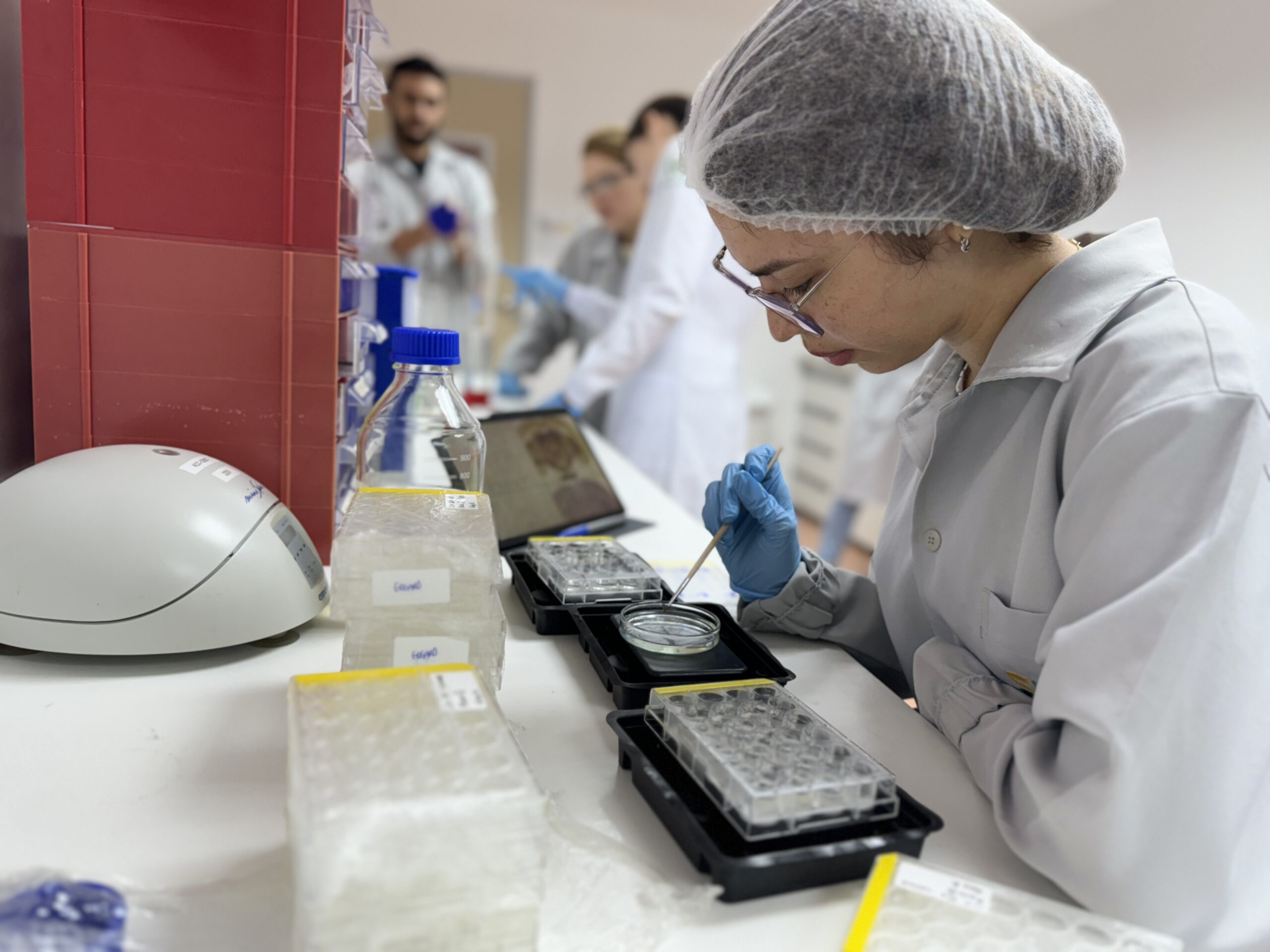The Santos Dumont Institute (ISD) announced this Thursday (19) the opening of applications for the selection process of the Postgraduate Program in Neuroengineering (PPGN), with activities scheduled to begin in March 2025. There are 17 vacancies available for the master's course, which is free and aimed at candidates with training in the areas of exact, biological and health sciences.
Recognized by CAPES since 2013, the PPGN promotes a multidisciplinary approach to generating knowledge and training qualified professionals. The research lines include projects such as transcranial electrical stimulation in children with autism spectrum disorder, exploration of Artificial Intelligence techniques for health and neuroengineering, data analysis, memory formation and the impact of environmental enrichment on cognitive performance.
Of the total number of vacancies, eight are open to the general public, three are for people with disabilities, three are for people who self-declare as black, brown, indigenous and quilombola, two are for graduates of the Multiprofessional Residency in Health Care for People with Disabilities at ISD (RESPCD) and one is for professors and staff at the Federal University of Rio Grande do Norte (UFRN).
Applications can be submitted free of charge from December 19, 2024 to January 19, 2025, through an electronic form available on the ISD website. The selection process includes document analysis and interviews, with the final result expected for February 17, 2025.
For more information about the call for proposals and research projects, visit the Santos Dumont Institute website: www.institutosantosdumont.org.br, in the 'Teaching' tab.
Who can do a master's degree in neuroengineering?
The target audience for the selection process are candidates with a degree in the areas of health, engineering or biology.
The program has already received graduates from courses such as biomedical engineering, computer engineering, medicine, biological sciences, electrical engineering, computer science, nursing, biotechnology, civil engineering, control and automation engineering, chemical engineering, physiotherapy, psychology, biomedicine and speech therapy . Students come from different institutions and regions in Brazil.
About the course
Since August 2013, when it began, the ISD Master's program in Neuroengineering has received 850 applications and registered 203 entrants. More than 130 dissertations have already been defended. The program is free, lasts 24 months and has Biomedical Engineering as its area of concentration.
Classes and research are mostly conducted at the headquarters of the Edmond and Lily Safra International Institute of Neuroscience (IIN-ELS), in Macaíba, a city located about 25 kilometers from Natal. The Institute offers students free daily transportation between the two cities.
Neuroengineering
Neuroengineering is an interdisciplinary research area that integrates neuroscience and engineering methods to study the functioning of the brain and associated areas and develop solutions for limitations and dysfunctions related to the nervous system.
The knowledge generated in this area enables the development of technologies and applications ranging from neuroprosthetics to the improvement of neuromodulation techniques with therapeutic potential. The work uses behavioral, electrophysiological, histological and immunohistochemical approaches, combined with quantitative analysis methods.
The expectation is that the research developed will result in gains for society, such as the launch of cheaper prostheses for amputees, new forms of less invasive and lower-cost therapy for Parkinson's patients and the use of new technologies for the rehabilitation of paraplegic and quadriplegics.
About ISD
The Santos Dumont Institute (ISD) is a Social Organization linked to the Ministry of Education (MEC) and includes the Edmond and Lily Safra International Neuroscience Institute and the Anita Garibaldi Center for Health Education and Research, both in Macaíba. ISD's mission is to promote education for life, forming citizens through integrated teaching, research and extension actions, in addition to contributing to a fairer and more humane transformation of Brazilian social reality.













